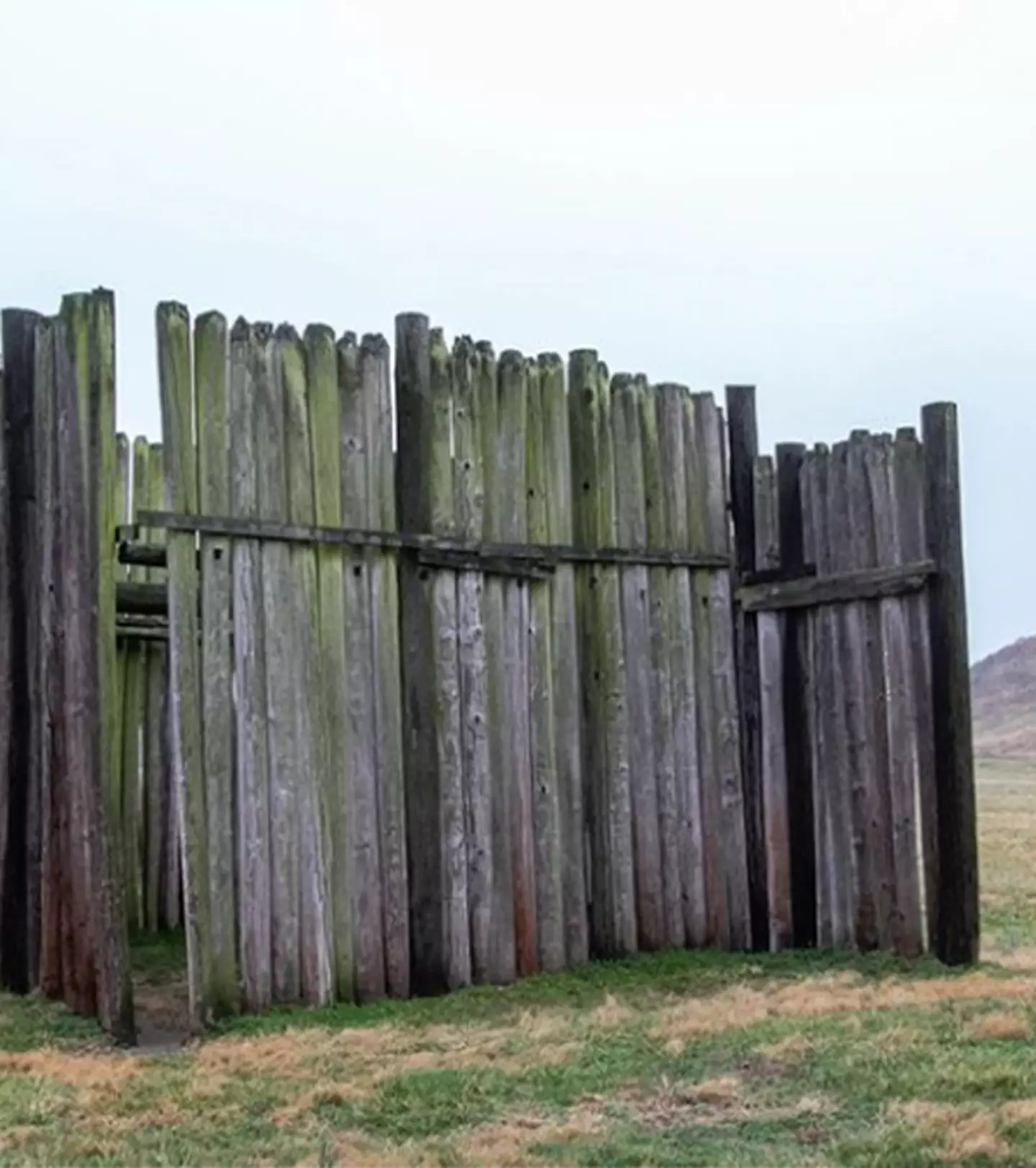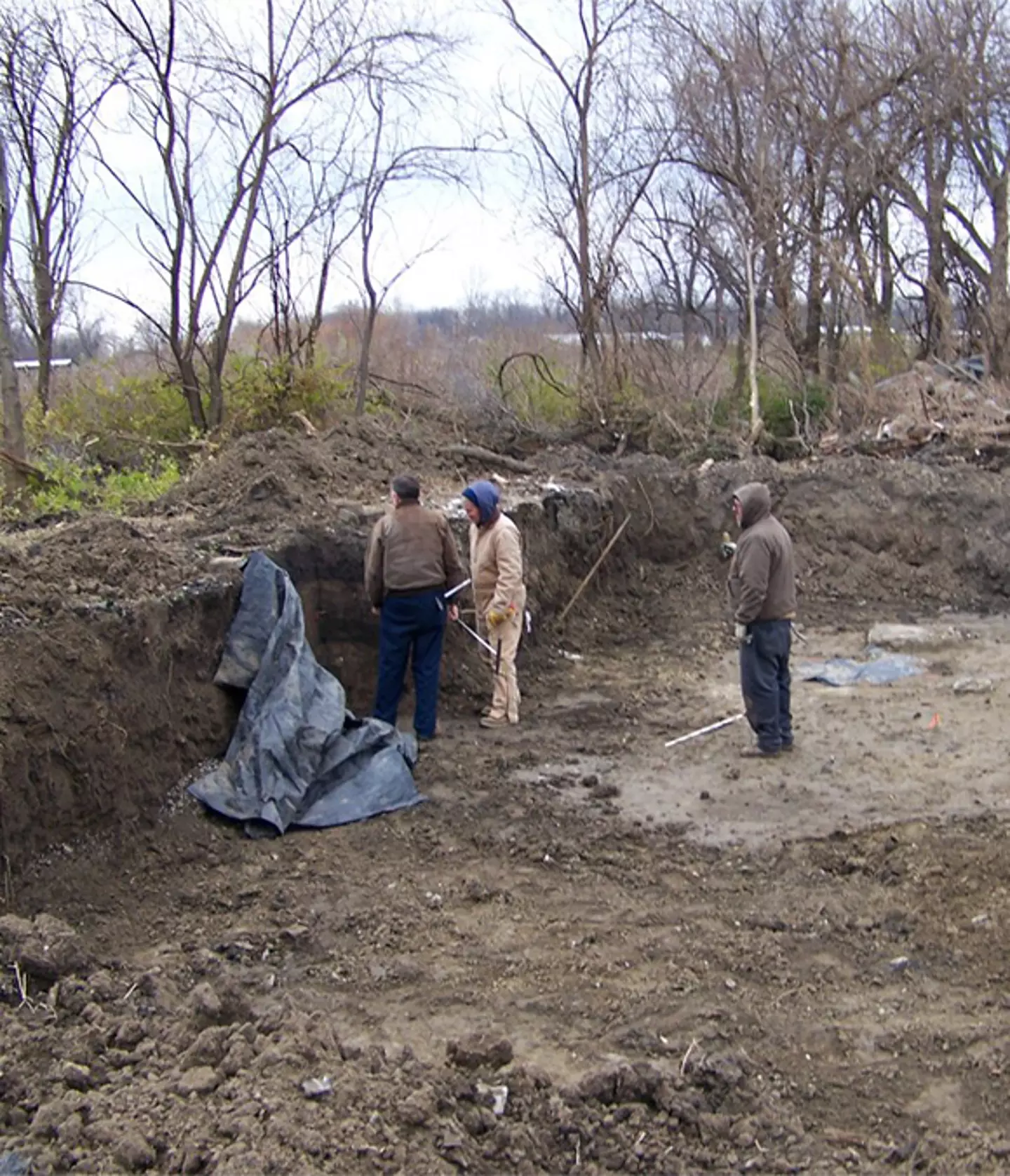
Cahokia was one of the largest pre-Columbian settlements of its time, housing tens of thousands of people.
The bustling ancient metropolis that hosted many festivals and sports events was suddenly abandoned 250 years after it was founded.
Researchers long thought that Cahokia's decline was a result of climate change, triggering prolonged drought and a massive crop failure.
However, new research suggests that this was not the case for the city's downfall.
Advert
The team from the Washington University in St Louis found that Cahokians were skilled and resilient to adapt to climate change and likely had other reasons to leave town.

In the new study, scientists studied fossilized plant remains from the area and found no drastic changes in the types of plants growing during the supposed drought period.
The team looked at carbon signatures from drought-resistant plants like prairie grasses and maize. And they found no evidence that these plants replaced the crops Cahokians relied on, such as squash, goosefoot and sumpweed.
Advert
By analysing carbon atom signatures at the Cahokian archaeological site, scientists found that there was no radical shift in the types of plants growing in the area during what was thought to be the drought period.
'We saw no evidence that prairie grasses were taking over, which we would expect in a scenario where widespread crop failure was occurring,' said Dr. Natalie Mueller, the study co-author.
'It’s possible that they weren’t really feeling the impacts of the drought,' added Caitlin Rankin, another study author.

Advert
Researchers now believe that Cahokia’s inhabitants likely had a system to store grains and other food, which could have helped them get through long drought periods.
Allegedly, the society would have had a varied diet that included fish, birds, deer, and forest fruits, which would have kept them fed even if some food sources dried up.
With all this in mind, the scientists say the abandonment was a gradual process and of the residents' own accord.
'I don’t envision a scene where thousands of people were suddenly streaming out of town. People probably just spread out to be near kin or to find different opportunities,' Dr. Mueller said.
Advert
The study, published in the journal The Holocene, suggested the city's residents moved in search of better opportunities.
But, overall, 'the picture is likely complicated,' the archaeologist concluded.